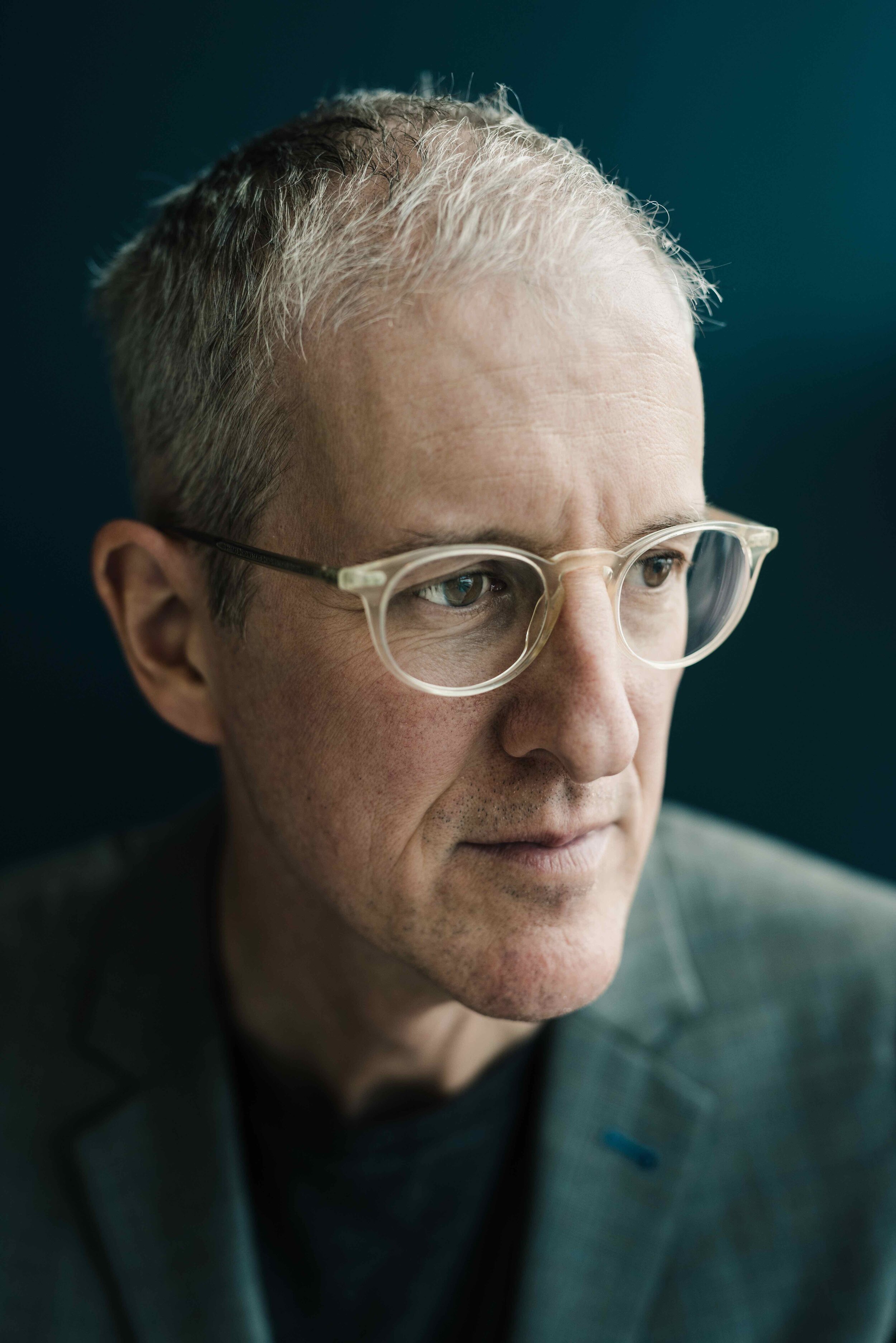LISTEN NOW ON APPLE, GOOGLE or SPOTIFY
Where in the world are you right now?
Are you in cramped apartment in a busy downtown core? Are you in a countryside farm beside a tiny general store? Or are you in a basement hotel gym in Ulaanbaatar?
And, more importantly, why in the world are you where you are? Are you chasing a career? Are you in school? Did you move for love? Does inertia have you wedged deeply into your neighborhood?
Well, where ever you are, I can promise you this: by the end of Chapter 59 you won’t look at where you live the same way ever again.
Why?
Because my next guest is a visionary city planner and urban designer and who will guide us through the power of place and principled planning.
Sidenote: Chapter 59 is our first rabbit hole chapter of 3 Books. You may recall Anne Bogel introduced us to Jeff Speck by picking his book Walkable City as one of her three most formative back in Chapter 57. She was in love with the book, I fell in love with the book, and we ended up inviting Jeff onto the show.
So who is Jeff Speck?
Well, he’s an internationally renowned city planner and urban designer, recognized for his research surrounding, and advocacy for, more walkable cities. He was Director of Design at the National Endowment for the Arts from 2003-2007, he was also Director of Town Planning at DPZ & Co (the founders of the New Urbanist movement) for over 10 years and now heads up his own consulting practice, advising cities and mayors across the globe. He is a fellow at both the Congress for the New Urbanism and the American Institute of Certified Planners and has made conversations surrounding walkability mainstream via his two TED Talks viewed over 4 million times: The Walkable City and 4 Ways to Make a City More Walkable.
And as if the above planning pedigree were not enough, he is the author of several books including the aforementioned Walkable City, the top selling city planning book for the past decade, (and #832 in our Top 1000!) as well as Suburban Nation, declared by the Wall Street Journal as ‘the urbanists bible’
In this chapter we deep dive into:
What is walkability and what is its true value?
What is the relationship between design and well-being?
What are the true costs of car ownership?
How can city planning combat loneliness?
How does poor planning perpetuate racism?
What makes a good mayor?
Jeff is a wonder brain. Humble, articulate, passionate, he’s a man on a mission. His mind has these cranks and gears that allow him to see the world with giant perspective and distill things down to simple ideas for us to absorb and reflect upon.
Are you ready?
Let’s go!
What You'll Learn:
What is urban planning?
Where and how did urban planning go wrong in the twentieth century?
What is necessary to create human-scale livable spaces?
Why are many cities failing its citizens?
How much is car dependency hurting us?
Why is strangeness important?
What is the importance of the concept of live, work, play in planning?
Why is it illegal to build mixed use walkable communities to this day in the US?
How has the pandemic affected how we build and think about our cities?
And, of course, what are Jeff Speck’s three most formative books?
Notable quotes from Jeff Speck:
“Great writing is really great thinking.” - Jeff Speck #3bookspodcast
“The bigger the city the more strangeness you can have.” - Jeff Speck #3bookspodcast
“We have designed out of our communities the useful walk.” - Jeff Speck #3bookspodcast
“If you switch from driving to taking transit you will lose 6 pounds” - Jeff Speck #3bookspodcast
CONNECT WITH Jeff Speck:
Word of the chapter:
Wordcloud of the chapter:
Resources Mentioned:
Jeff’s first book [8:43]
Jeff’s second book [48:38]
Jeff’s third book [1:14:46]
Stuyvesant Town in New York City
Co-Op City in New York City
The Power Broker by Robert Caro
Walkable City Rules by Jeff Speck
Towards a New Architecture by Le Corbusier
Urban Sprawl & Public Health by Frumkin, Frank & Jackson
Linchpin by Seth Godin
The Person & the Situation by Nesbitt, Ross & Gladwell
The Decameron by Giovanni Boccaccio
The Colour of Law by Richard Rothstein
The Smart Growth Manual by Mike Lidon & Jeff Speck
Lolita by Nabokov
Flatland by Abbott & Hoffman
Oliver Twist by Charles Dickens
Infinite Jest by David Foster Wallace
The Great Good Place by Ray Oldenburg
Bowling Alone by Robert Putnam







